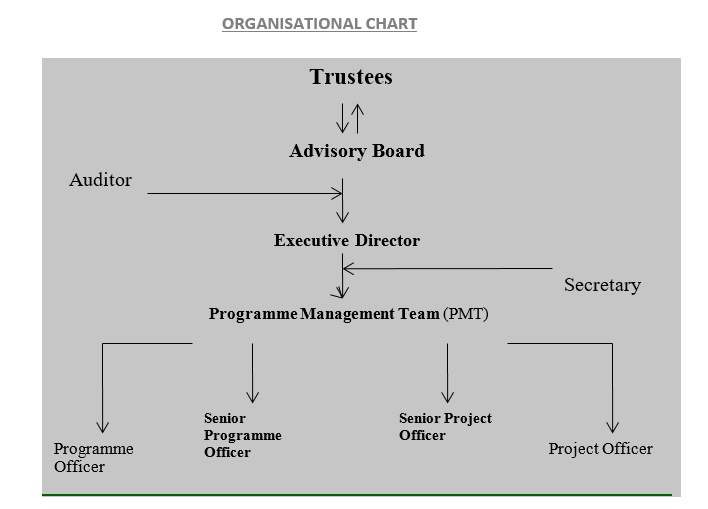
Sustainable Research and Action for Environmental Development (SRADev Nigeria) is a professional, non-governmental, non-profit think tank in environmental health research and development, advocacy and action organization. It seeks to be the voice for environmental development in Africa particularly, Nigeria, while acting as a catalyst, advocate, educator and facilitator to promote the wise use and sustainable development of the environment. The organisation was formed on 7th November, 2003, with its Headquarters in Lagos, but was formally incorporated (CAC No – RC842138) with the Corporate Affairs Commission in Nigeria in 2009.
MISSION/VISION
SRADev Nigeria promotes sustainable development by facilitating sound environmental practice, exchange information, building bridges of understanding on environmental health and natural resource conservation in a sustainable way and to ensure that the local people are put on the drivers’ seat in the sustainable management of the environment.
OUR MANDATE
SRADev Nigeria takes its mandate entirely from Agenda 21 (with focus on chapters 30, 31 and 36) which deals with the need for education, training, community involvement and engaging the business community. And lately, the Johannesburg declaration which reaffirms our commitment to Sustainable Development.
AREAS OF FOCUS
Since existence, the main areas of focus by the organisation are Policy Research (Environment and Development), Sound Chemical Management – (Heavy metals, POPs Pesticides, PTS), Waste/Hazardous Waste Management (e-waste, medical waste, waste oils etc.), Climate Change Adaptation and Mitigation, Food Security/Sustainable Agriculture/Eco-culture, Sustainable Energy (renewable energy) and Natural Resources Conservation. These activities are carried out through:
- Advocacy/Advisory
- Research Studies/case studies
- Capacity Building and Training
- Consultation Services
- Information Dissemination/Publication and distribution of IECs, Journals, Newsletters
- Education/Awareness programmes – Campaign, rallies, etc.
OBJECTIVES
The key objectives among others are:
- To assist in the fulfillment of the millennium development goals (MDG
- To generate public awareness based on the Framework for Action on Water and Sanitation (WAHEB) – water, agriculture, health, environment, and biodiversity.
- To undertake research projects, document the findings and make the same available as resource materials for advocacy purposes and good governance.
- To influence governments decisions, legislations and policies through lobbying and other non-violent means with a view to mainstreaming environment into developmental agendas.
- To collaborate and work in partnership with local, regional and international organizations, agencies and individuals who share the organization’s goals.
- To contribute to the global environmental health security.
- To facilitate knowledge of environmental science management by providing society with the information and tools it needs to secure a sustainable future.
- To build bridges between governments and NGO’s, sustainability science and societal local action and global policy towards environmental governance.
- To organize annual environmental events, summit, conferences, round tables and public enlightenment programmes.
- To participate in academic discussions, round tables, research and provide a data base for researchers, NGOs, government in environmental and development issues etc.
ORGANISATIONAL STATUTE/MANAGEMENT POLICY
SRADev Nigeria statutory mandate are within THE FEDERAL REPUBLIC OF NIGERIA Companies and Allied Matters Act 1990, made up of its “Memorandum and Article of Association”, “Certificate of Registration” (CAC No – RC842138) and “its Constitution”. The organisation is managed by an Advisory Board which is the highest management level and oversees all affairs. The advisory board is presently made up of four Trustees and two senior management team (Executive Director, Programme Director). The organisation functions today with five (5) staff including an administrative secretary, a project officer, a programme officer and two volunteers.

